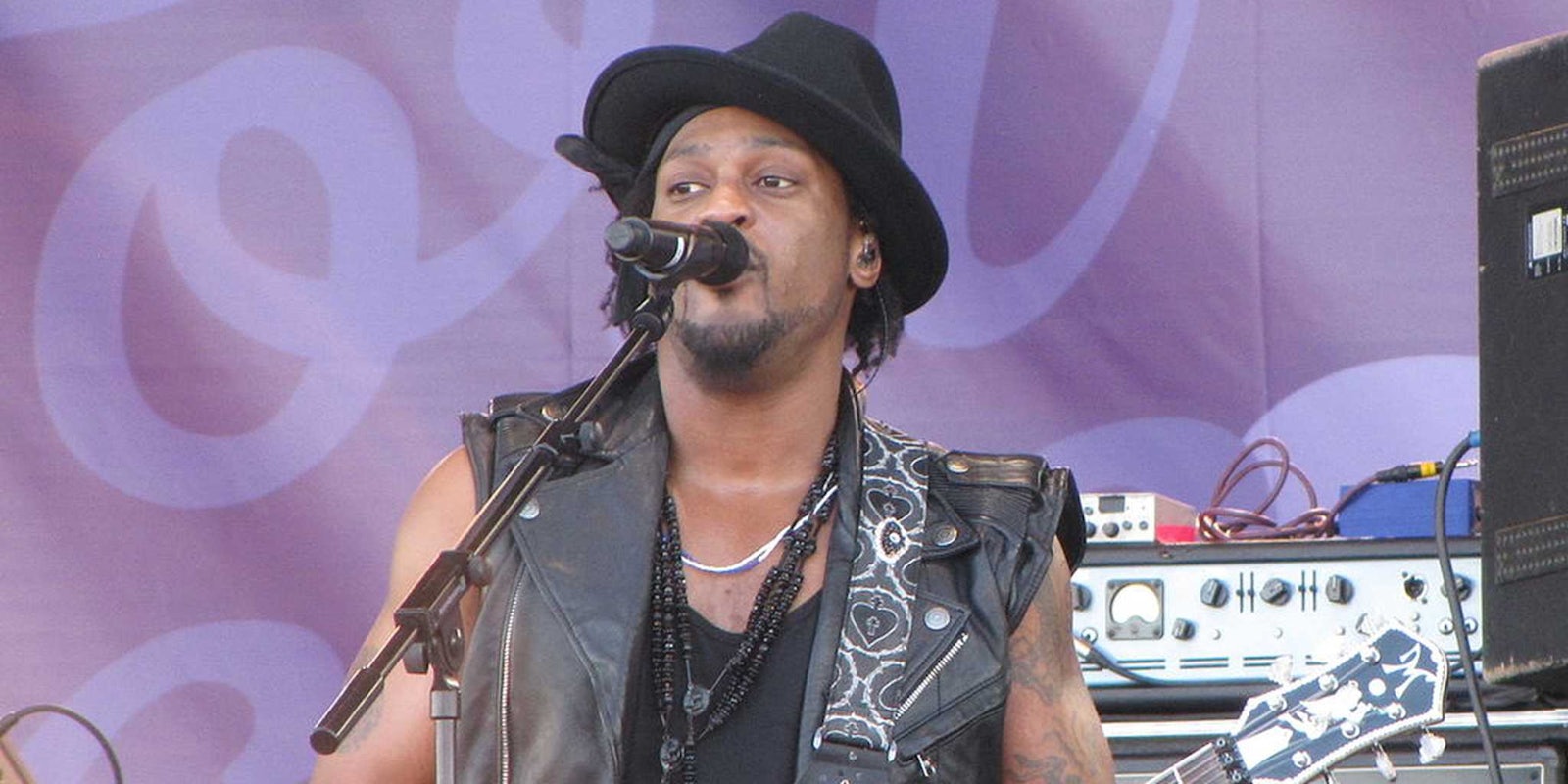In 2000, hip hop singer D’Angelo put out a neo-soul masterpiece Voodoo, recorded one of the steamiest music videos of all time for the song’s untitled single, and then promptly vanished from the face of the Earth. Now that all of the children conceived shortly after their parents bought their copies of Voodoo at Tower Records are entering puberty, the Grammy-winner musician has finally emerged from his cicada-like hibernation.
At precisely midnight on Monday, D’Angelo released Black Messiah, his first new music in 14 years, with only a few hours notice. The previous day, a lucky hundful of music fans got to be the first members of the public to hear the record at a listening party in New York City hosted by writer Nelson George and the Red Bull Music Academy.
While the actual announcement came just shortly before the album was released online, there have been rumors about the album being just around the corner for years. In early 2013, Roots drummer and D’Angelo collaborator Questlove told Billboard the album was “99 percent done.”
Questlove added that D’Angelo started working on the record all the way back in 2004, but The Tonight Show With Jimmy Fallon bandleader predicted it would become an instant classic. “I would not be far off by saying this is probably my generation’s version of Sly [and the Family Stone’s] There’s a Riot Goin’ On,” he continued. “It’s potent. It’s funky. It’s an extremely hard pill to swallow.”
The year prior, D’Angelo joined Questlove and others onstage at Bonnaroo for a surprise set of covers, which reportedly inspired him to finally put the finishing touches on the album.
Unlike 1995’s Brown Sugar, the album that first put D’Angelo on the map, Black Messiah follows the lead of its immediate predecessor and ditches concise songwriting for an organic, atmospheric feel of a loose, playful live band. The songs swing from sexy come-ons to revolutionary polemics.
During the listening session, a pamphlet was distributed explaining the concept behind the album.
Black Messiah is a hell of a name for an album. It can be easily misunderstood. Many will think it’s about religion. Some will jump to the conclusion that I’m calling myself a Black Messiah. For me, the title is about all of us. It’s about the world. It’s about an idea we can all aspire to. We should all aspire to be a Black Messiah.
It’s about people rising up in Ferguson and in Egypt and in Occupy Wall Street and in every place where a community has had enough and decides to make change happen. It’s not about praising one charismatic leader but celebrating thousands of them. Not every song on the album is politically charged (though many are), but calling this album Black Messiah creates a landscape where these songs can live to the fullest. Black Messiah is not one man. It’s a feeling that, collectively, we are all that leader.
You can buy Black Messiah on iTunes or stream it on Spotify.
Photo by Roqai/Wikimedia Commons (CC BY-SA 3.0)


